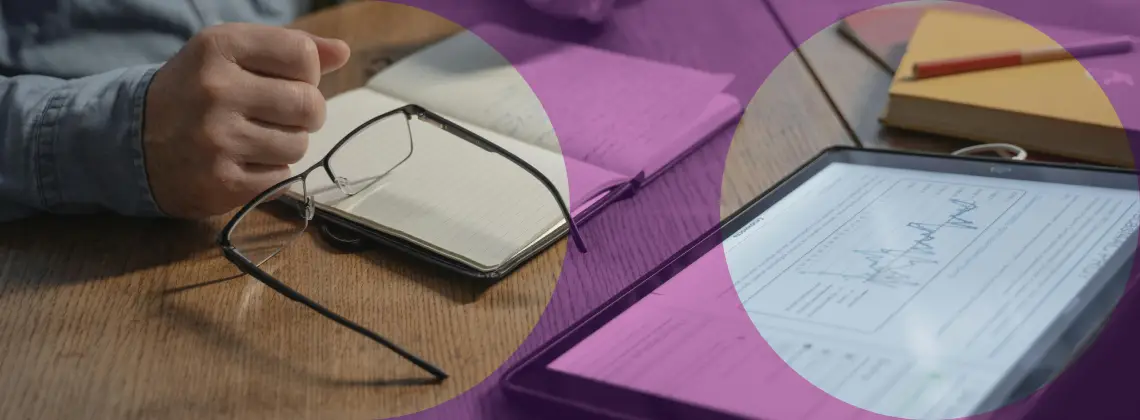Lexicon
What is ESRS?

What is ESRS: a short guide to a crucial term in modern European sustainability reporting. Here’s what you need to know:
The European Sustainability Reporting Standards (ESRS) are a critical component of sustainability reporting within the European Union. Regulatory requirements continue to evolve as the bloc gets tough on sustainability principles and metrics. The key for corporate leaders is to understand these standards to ensure compliance and alignment with global sustainability efforts.
What is ESRS?
The ESRS are a set of mandatory reporting standards issued by the European Union. They are designed to help companies disclose consistent and comparable sustainability information.
The standards set out the structure and content of reporting, designed to help stakeholders clearly understand an organisation’s progress and measure it in the context of the wider industry and national regulations.
Are ESRS and CSRD connected?
Yes. ESRS outlines the reporting requirements laid down by CSRD. In other words, ESRS is the roadmap for CSRD compliance.
This will likely be good news for corporate leaders looking to learn more about both topics because they complement each other in terms of new issues and learning. It will also streamline the adoption process for any board member or executive unfamiliar with the new rules.
Who has to follow the ESRS?
Any company which must follow CSRD rules will need to follow the ESRS. You can learn more about who CSRD applies to here.
Why are the ESRS important?
For the EU, the ESRS is pivotal in promoting sustainable business practices across Europe.
The EU has shown strong ambition for sustainability and ESG-related topics, but one key barrier to implementing change is the lack of universal reporting standards on critical topics. Because of that, the bloc can’t move forward unless entire industries report on these topics in the same way. So, now that the standards have been developed and are in the early stages of implementation, regulators will be very serious about ensuring they’re upheld.
In short, it’s in a company’s best interests to follow ESRS standards. It will mean immediately adopting long-term best practices, fostering trust with stakeholders, including investors, regulators, and the public.
What if I know nothing about ESRS or CSRD?
That’s okay. Both are new concepts that are only taking hold in the 2020s. However, they are likely to be a central feature of sustainability reporting for many companies worldwide, and so it helps to organise dedicated CSRD training now to future-proof your skillset.
You can read more about ESRS from the EU’s official website here.




